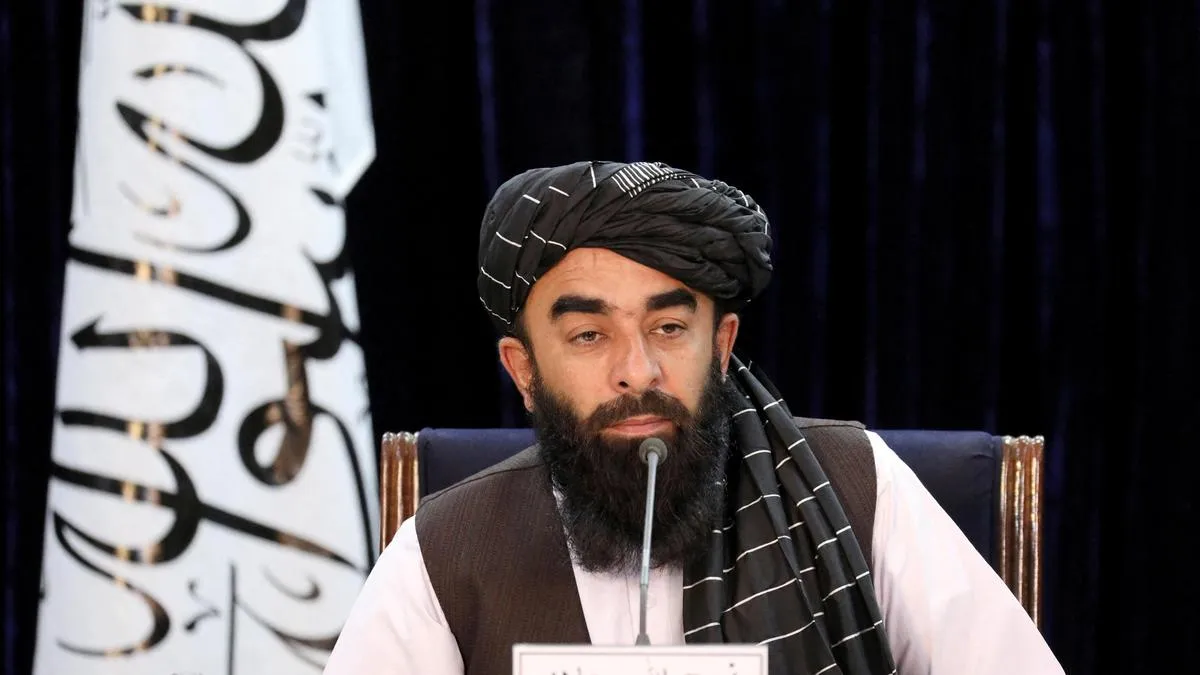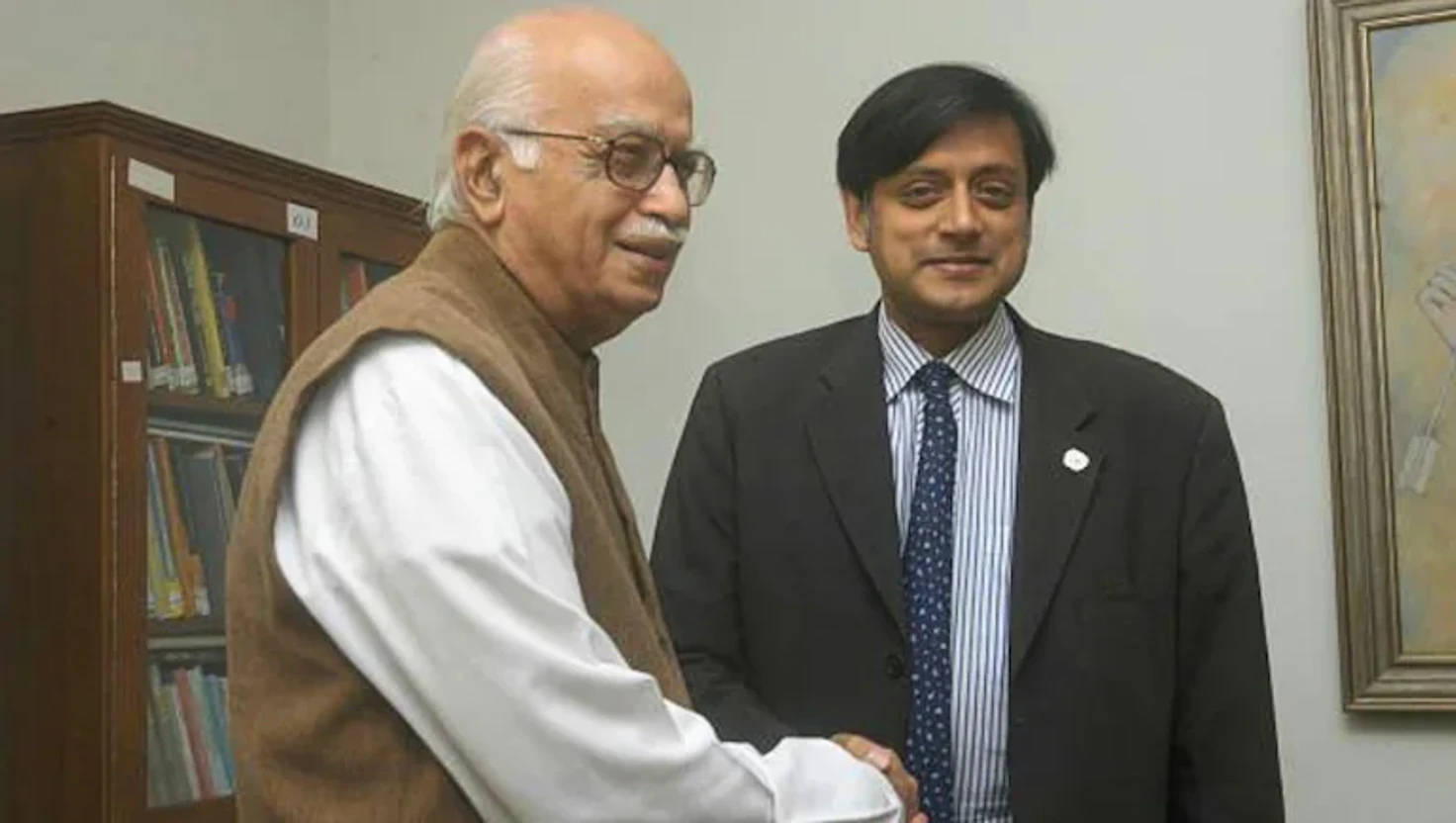Taliban Accuses Pakistan Military of Sabotaging Peace Talks

In a significant escalation of rhetoric, the Taliban government has accused elements within the Pakistan military of undermining recent peace talks aimed at reducing border tensions. This accusation comes just a day after discussions in Turkey collapsed without resolution.
Taliban spokesperson Zabihullah Mujahid made a public statement on social media platform X, criticising certain factions within the Pakistani military for what he termed 'anti-Afghanistan policies' that have persisted for years. He stated, 'Unfortunately, certain military elements in Pakistan appear to perceive a stable and strong Afghanistan as contrary to their interests.'
Mujahid's remarks suggest a belief that these military factions benefit from Afghanistan's instability, which has been characterised by conflict and displacement. He further claimed that these elements are currently attempting to generate tensions through fabricated justifications.
The Taliban spokesperson also addressed accusations linking the rise of the Tehrik-e-Taliban Pakistan (TTP) to the Taliban's resurgence in Afghanistan. Mujahid firmly rejected these claims, asserting that both the instability in Pakistan and the emergence of the TTP trace back to 2002. He attributed these issues to misguided policies by certain military factions in Pakistan that aligned with U.S. interests, allowing for drone strikes and internal conflicts that have destabilised the region.
Mujahid highlighted the extensive military operations conducted by Pakistan against the TTP, which he stated resulted in the displacement of hundreds of thousands of civilians and a substantial loss of life. According to his account, between 80,000 and 90,000 soldiers and civilians have been killed in these conflicts, far preceding the Taliban's return to power in Kabul.
In his statements, Mujahid categorised the unrest in Pakistan as an internal matter, asserting that the Taliban has taken proactive measures to curb cross-border militant activities since regaining control of Afghanistan. These measures reportedly include facilitating dialogues among political and religious leaders, relocating refugees from the Durand Line, prohibiting arms possession among refugee populations, and issuing religious edicts against unauthorised foreign jihadists.
'We welcome all initiatives that allow refugees to return safely,' Mujahid remarked, reaffirming the Taliban's commitment to ensuring that Afghan territory is not used to interfere in the affairs of other nations.
The breakdown of the peace talks, which were facilitated by Turkey and Qatar, raises concerns about the potential for renewed conflict at the Afghan-Pakistan border. As frustrations mount on both sides, the prospect of future negotiations remains uncertain, particularly following comments from Pakistan's Foreign Minister Khawaja Asif indicating a lack of plans for further discussions.
The implications of these developments could significantly affect the already precarious security situation in the region, which has seen a resurgence of violence and instability in recent years.
With the failure of these latest peace efforts, the future of Afghanistan-Pakistan relations hangs in the balance, as both governments grapple with internal and external pressures that threaten to further destabilise the region.

Rahul Gandhi Accuses BJP of Vote Manipulation in Several States

Congress Clarifies After Shashi Tharoor's Remarks on LK Advani

Prime Minister Modi Emphasises Accessibility of Justice for All

Premier League: Matthijs de Ligt's Late Header Earns Draw for United





